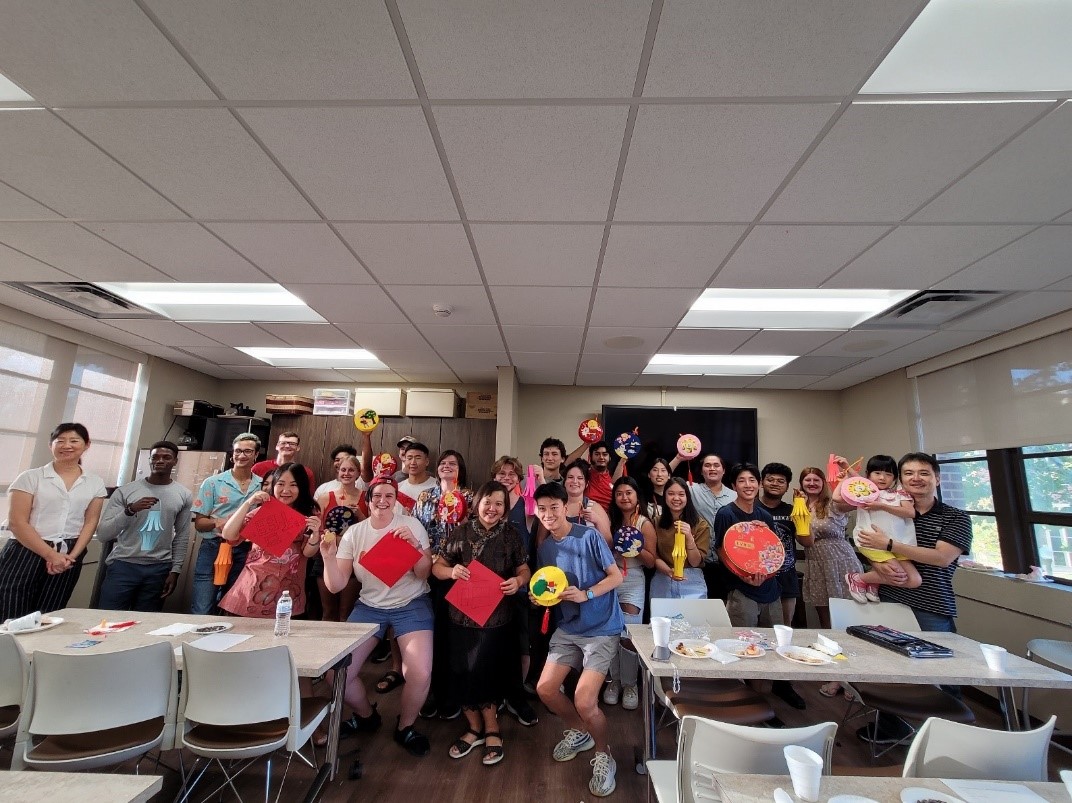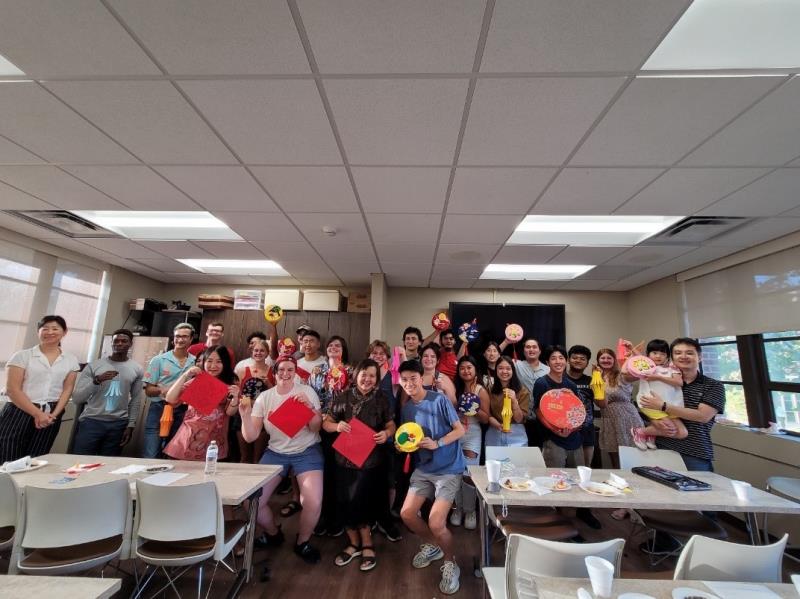Taiwan Huayu BEST Program Finds Warm Welcome in the Southern US

Since the U.S.-Taiwan Education Initiative was launched at the end of 2020, education cooperation between Taiwan and U.S. has expanded and become stronger. The Taiwan Huayu BEST Program, sponsored by Taiwan’s Ministry of Education, is designed to strengthen language education cooperation between universities in the United States and those in Taiwan, with an emphasis on supporting Chinese language learning. The program provides opportunities for language teacher exchanges, access to Huayu BEST scholarships for students in the US, and access to Chinese language proficiency testing, and online learning resources for all partner universities in the US.
By the end of 2022, five university to university cooperative partnerships under the Taiwan Huayu BEST Program had been established in the Southern part of the U.S. One of the key features of the Program is the sending of fully qualified Chinese language teachers and teaching assistants to partner universities in the US. As well as offering high-quality Chinese language learning courses, these Taiwanese teachers also bring their profound cultural knowledge and experience into the classroom and community.
The Taiwan Huayu BEST Program has created opportunities for many cross-cultural connections for students in the Southern United States. In Mississippi College, students did summer study abroad Chinese language courses at Chung Yuan Christian University in Taoyuan City in Taiwan. They had regular classes on campus and were also offered a community hybrid conversational Chinese language enrichment class. Three students took the online enrichment class while 17 were in the classroom, and one student joined in from Georgia using Google Meet. Some families that had adopted children from Mandarin speaking countries were very appreciative of this opportunity to be able to learn more about the culture of their children’s origin.
The Chinese Language Club at the University of Oklahoma held a Mid-Autumn Festival Workshop on September 8, 2022, for students to learn about and experience festival customs and activities. Mr. Peter Chun Sheng Su, a Chinese language teacher from Ming Chuan University, gave a presentation on the Mid-Autumn Festival’s origins and traditions. Students tasted homemade mooncake with tea and made lanterns. Around 50 students and faculty attended and enjoyed the workshop.
On October 3, 2022, a workshop on the Chongyang Festival—a traditional festival held on the ninth day of the ninth lunar month—was held at Washington University in St. Louis. Ms. Ho Yiting, a Chinese language teacher from National Taiwan University, explained the associated concept of respecting the elders in Chinese culture to the participating students. They were invited to do a role-play of respecting the elders in the festival and all the university’s Mandarin teachers were invited to come forward to accept the tea offered by the students, as a way to express their sincere respect for their teachers. The workshop highlighted the intrinsic meaning of the Chongyang Festival for the participating students.
The University of St. Thomas and Wenzao Ursuline University of Languages jointly launched a pioneering Chinese language Center at the university in Houston in 2021. With the assistance of Education Division of TECO in Houston, the Chinese language Center has teamed up with the Houston Police Department and the Harris County Sheriff’s Office to arrange Chinese language training program for local police officers. The training is focused not only on developing Chinese language skills but also on developing good connections with the local Mandarin-speaking community. More than 50 officers have already completed this training. It’s provided by Ms. Nicole Hsiao, who was recommended by Wenzao Ursuline University of Languages.
These are just some examples. As more and more universities take up the Taiwan Huayu BEST Program, it is certain that more outstanding Chinese language teachers will be travelling to the United States to help connect people there with the Sinophone world.


